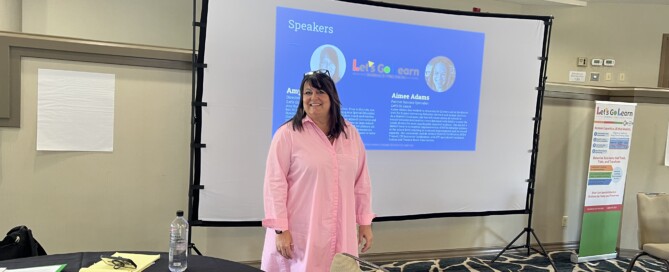Connections Between Behavior Planning and Intervention
Connections Between Behavior Planning and Intervention In schools committed to equity and student-centered learning, academic intervention often takes center stage. But when students face behavioral challenges that interfere with learning, the need for a strategic and compassionate response becomes just as essential. Understanding the connections between behavior planning and intervention is key to











